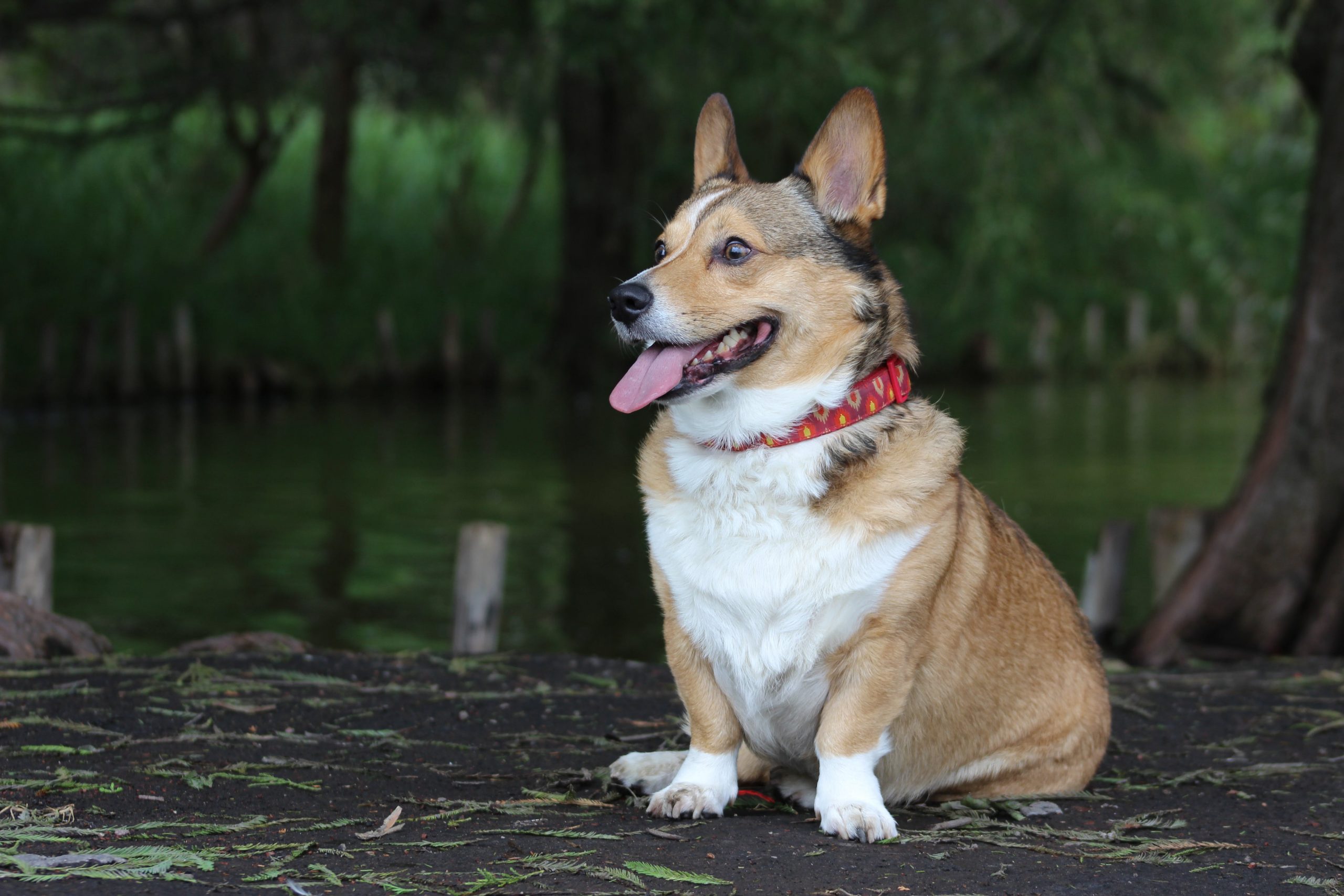Corgis, with their distinctive appearance and spirited personalities, have become one of the most popular breeds around the world. Owning a Corgi, like any pet, comes with its set of responsibilities and expenses. This article will outline the monthly costs associated with owning a Corgi in 2023, from food and treats to healthcare, grooming, and other essential needs.
1. Food Expenses
Corgis require a balanced diet that supports their active lifestyle and helps manage their tendency to gain weight. High-quality dog food costs can range from $40 to $70 per month, depending on the brand and type of food. Special diets for weight management or health issues can increase this cost.
2. Treat Costs
Treats are an essential part of training and rewarding your Corgi. Owners should budget around $15 to $30 monthly for treats. The price can vary depending on the quality and quantity of treats, especially if opting for healthier, premium options.
3. Veterinary Care
Regular veterinary care is vital to keep a Corgi healthy. This includes annual check-ups, vaccinations, and routine preventative treatments. Owners should set aside $50 to $80 per month for veterinary expenses, which can help cover both routine care and unplanned visits.
4. Grooming Needs
Corgis have a thick double coat that requires regular grooming. Professional grooming can cost between $40 to $60 per session, and with a recommended 4-6 week interval, the monthly cost averages around $30 to $50, which includes baths, brushing, and nail trims.
5. Toys and Entertainment
Toys are important for Corgi’s physical exercise and mental stimulation. A monthly budget of $15 to $25 should suffice for toys, though durable options may help reduce this cost over time as Corgis can be enthusiastic chewers.
6. Training and Socialization
While Corgis are intelligent and learn quickly, training classes are recommended, especially for puppies. Group training sessions can range from $50 to $100 a month, depending on the frequency and level of training.
7. Accessories
Essential accessories for a Corgi include a collar, leash, bed, and bowls. These items can have an initial higher cost but should be factored into monthly expenses as they will need periodic replacement. A budget of $10 to $20 per month can cover these costs.
8. Conclusion
In conclusion, the monthly cost of owning a Corgi in 2023 can average between $160 to $275, not including unexpected expenses or initial costs such as spaying/neutering and purchasing of the dog. Corgis are a commitment both in time and money, and potential owners should consider these ongoing expenses when deciding to bring a Corgi into their lives.
Frequently Asked Questions About The Cost of Owning A Corgi
1. What is the average monthly cost for feeding a Corgi?
The average monthly cost for feeding a Corgi typically ranges from $40 to $70. This cost can vary depending on the type of food you buy and the specific dietary needs of your Corgi, such as grain-free or weight management formulas.
2. How much should I budget for Corgi treats each month?
You should budget approximately $15 to $30 each month for Corgi treats. The amount can vary if you choose specialty or health-specific treats, which tend to be more expensive than standard options.
3. What are the typical veterinary expenses for a Corgi?
Typical veterinary expenses for a Corgi can range from $50 to $80 per month. This estimate should cover routine check-ups, vaccinations, and preventative medications, but it’s wise to set aside a contingency for unexpected illnesses or emergencies.
4. How often do Corgis need grooming, and what are the associated costs?
Corgis typically need grooming every 4-6 weeks due to their thick double coat. The associated costs for professional grooming services can range from $40 to $60 per session, leading to an average monthly cost of about $30 to $50.
5. Do Corgis need a lot of toys and entertainment, and how much will that cost?
Corgis are active and intelligent dogs that do need a variety of toys for entertainment. You can expect to spend around $15 to $25 per month on toys to keep your Corgi engaged and to replace any that get worn out.
6. Is it expensive to train a Corgi?
Training costs can vary, but on average, group training sessions for a Corgi can cost between $50 to $100 per month. The price can fluctuate based on the trainer’s expertise and the specific training goals for your dog.
7. What additional costs are involved in owning a Corgi?
Additional costs for owning a Corgi include accessories such as beds, bowls, collars, and leashes, which may need occasional replacement, adding about $10 to $20 to your monthly expenses. It’s also important to consider emergency veterinary funds or pet insurance premiums, which can add to the overall cost.
8. How much should I set aside for emergency veterinary expenses for my Corgi?
It’s prudent to set aside at least $500 to $1000 in a savings account or emergency fund specifically for unexpected veterinary expenses, as costs can quickly accumulate in the case of an emergency or serious health issue.
9. Can pet insurance reduce the overall cost of owning a Corgi?
Pet insurance can help manage the costs of unexpected health issues and typically ranges from $30 to $50 per month. While it adds to the regular monthly cost, it can significantly reduce the financial impact of major medical procedures or treatments.
10. Are there any hidden costs in owning a Corgi that I should be aware of?
Hidden costs in owning a Corgi can include expenses like cleaning supplies for shedding, higher food costs if your Corgi has special dietary needs, and potential property damage from chewing or digging. Additionally, you may incur costs for dog-sitting or boarding services when traveling.

 Toledo, United States.
Toledo, United States.